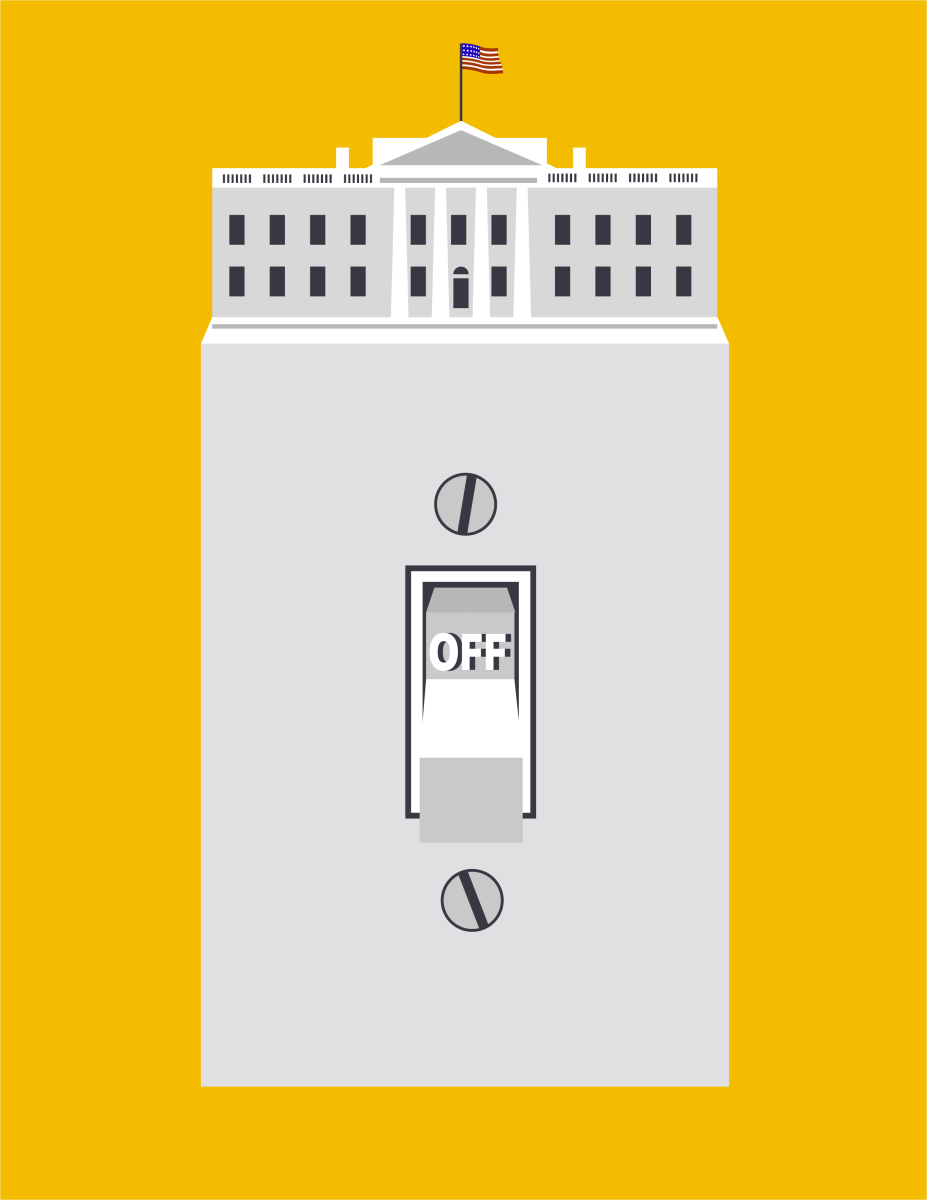The partial government shutdown which began on Dec. 22 has impacted a handful of federally funded programs at NC State. Faculty at NC State are wary of the effects the shutdown could potentially have on university programs and research if the shutdown persists.
Dean of the College of Agriculture and Life Sciences Richard Linton explained how the college has a partnership with the Agricultural Research Service, a research agency in the U.S. Department of Agriculture.
This partnership enables scientists, staff and students to work together on collaborative research projects. According to Linton, the College of Agriculture and Life Sciences’ partnership has been most heavily impacted by the government shutdown.
“Because of the federal shutdown, all of those folks are not allowed to come to work, and therefore all of the collaborative research falls on our shoulders,” Linton said. There is a lot of work that people are doing to ensure that those research projects are moving forward and that there is a body there in order to do that work that needs to be done.”
The College of Agriculture and Life Sciences, as well as NC State as a whole, has put aside money in the case of a government shutdown. However, according to Linton, these reserves can only support the college for a limited period of time.
“Our college gets money to support research and extension from the state government and by the federal government, and so we are not able to draw on those federal dollars to support our work,” Linton said. “We can plan for that for several weeks, but if it extends past several weeks, we will not have the dollars needed to pay the bills for the research and extensions.”
The Federal Student Aid program and the Department of Education have not been affected by the shutdown and are still operating. According to Director of Financial Aid Krista Ringler, NC State is still receiving funds for things like the Federal Pell Grant and federal student loans.
“The areas where a student could run into some sort of impact are where the federal student application process intersects with other federal agencies,” Ringler said. “When a student applies for financial aid, their data is cycled through several different federal databases to ensure eligibility.”
Some of these databases include the Department of Homeland Security, the Selective Service System and the Department of Justice, which are not operational during the shutdown and because of this, those database checks cannot be done for new applicants. Students will have to wait for the government to reopen before their FAFSA application can be reviewed and information confirmed by these databases.
“It is certainly a nuisance and creating angst for students, but it is not a hard stop for students yet,” Ringler said. “If it continues, that could happen, but for right now money is still flowing, and that is the most important thing. Students are still able to access the funds they were expecting.”
The university is at risk of being impacted much more severely if the shutdown persists.
“We don’t anticipate this to be a huge problem for our students, provided that the budget is passed soon,” Ringler said. “We are all hopeful that this will be the case. For students who are trying to access financial aid, there could be an impact, particularly if this shutdown persists for a much longer period of time. We are working with those students to find a solution so that they can remain enrolled.”
According to Associate Vice Chancellor for Research and Innovation Mladen Vouk, NC State is currently only experiencing minor effects of the shutdown. However, Vouk is in agreement with both Ringer and Linton that if the shutdown continues for a much longer period of time, the university will be negatively affected.
“We are currently not experiencing any ill effects,” Vouk said. “Programs and grants currently funded through federal funds are permitted to continue spending money. If the shutdown continues past the end of January, then if we submit new grants or if we want to make a change in the budget, it will be delayed.”








